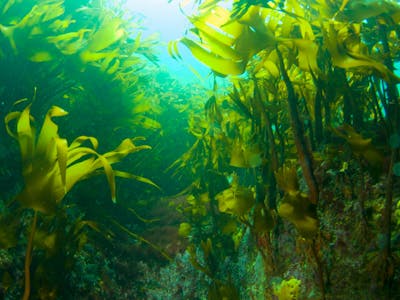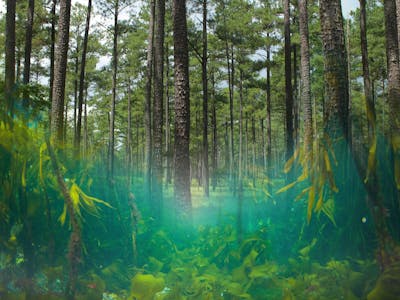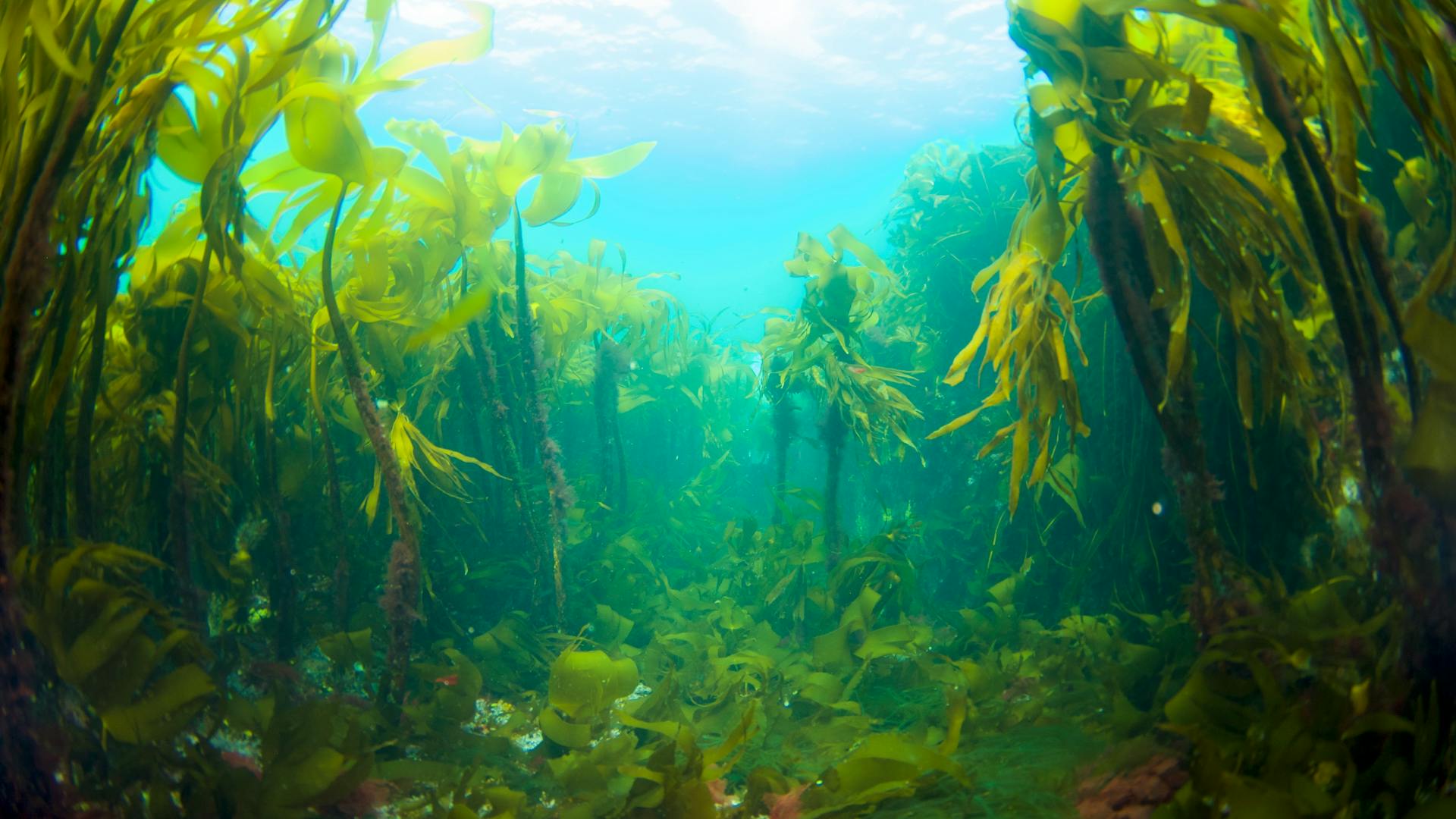
Sustainable biorefining of kelp
Open positions
Open positions in the Alginor group are published on Finn.no.
Introducing 3rd generation biorefining with zero formaldehyde
We introduce 21st century biorefining and total downstream biomass utilisation through a vertically integrated, fully traceable and sustainable value chain. Through separation and mild, green chemistry processes, we abolish the need for formaldehyde throughout our entire value chain and create a variety of clean, high quality ingredients from a single raw material source.
We aim to produce our pharmaceutical ingredients in accordance with current Good Manufacturing Practice (cGMP), whereas our nutraceutical ingredients will be food-grade.
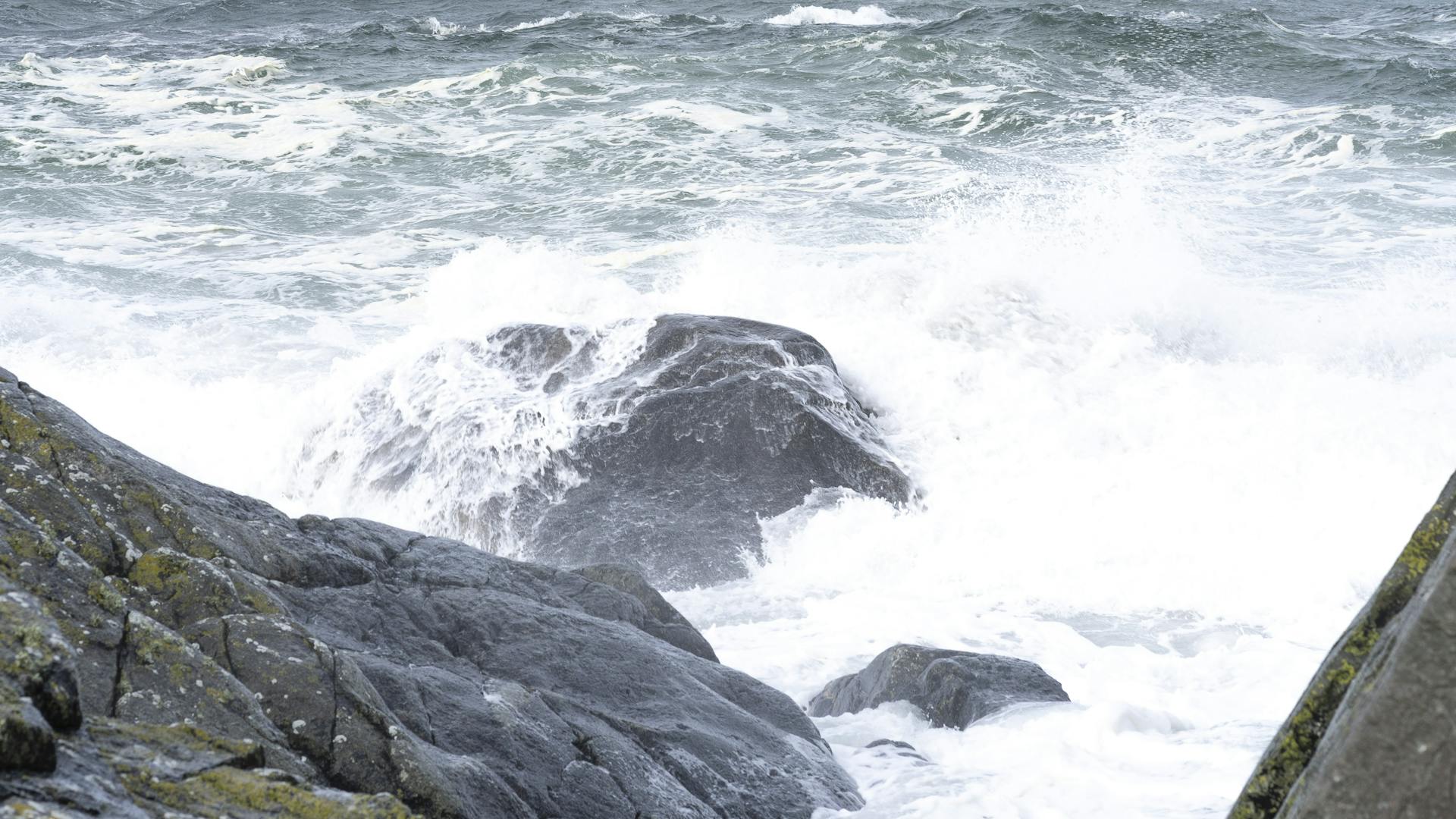
Sustainability is a core focus in our business model
Through years of focused R&D, we have developed methods that dramatically increase the utilisation ratio of the harvested kelp biomass by abolishing the need for formaldehyde. Thereby we avoid any pollution related to biomass ocean release, process chemicals and other negative effects associated with aggressive chemicals.
New, purer and more potent products
Our pre-treatment and biorefining technologies enable us to extract every valuable substance from the raw material.
Significantly reduced carbon footprint
Efficient biorefining reduces carbon footprint with new processes and total utilisation.
A–Z
traceability
Total value chain ownership allows for traceability from harvest, through transport, to finished product.
Industrially
scaleable
Practically infinite raw material access and clever design means unhindered scaleability.
We contribute positively towards six UN SDGs
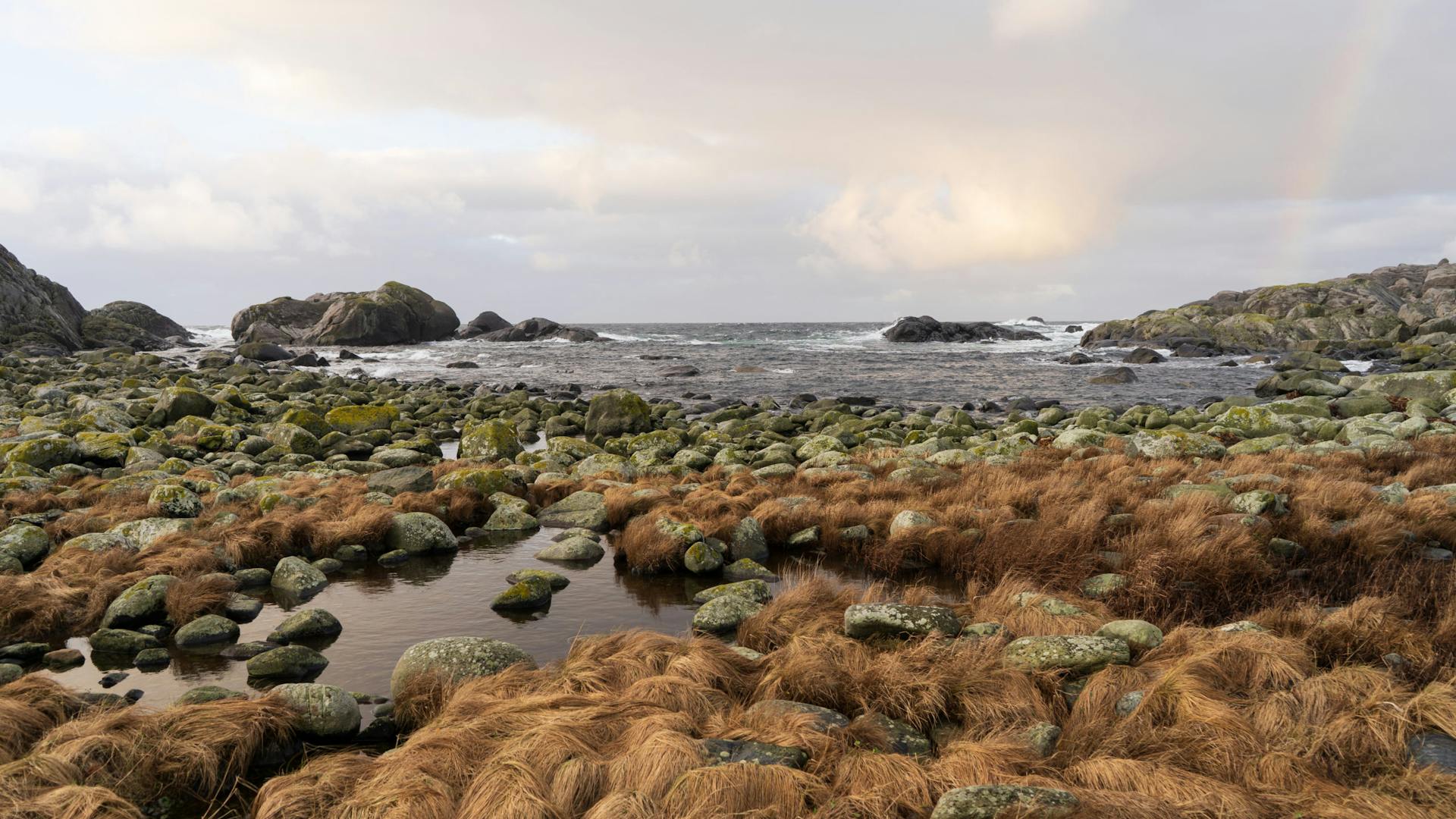
A massive renewable biomass along the Norwegian coast
It is hardy and thrives in the harshest conditions along our coast. In fact, the harsher the conditions, the bigger the kelp grows. In truly rugged surroundings, it can grow up to 3.6 meters in length.
L. hyperborea is distributed along the Atlantic coast of Europe, with a total biomass estimated at 100 million tonnes. Approximately 60% is found in Norwegian waters, totalling some 60 million tonnes, covering 10,000 km2 of the seabed.
35
million tonnes
Estimated biomass within the
regulated harvesting parcels
4–7
million tonnes
Available for harvesting
on average each year
100,000
tonnes
Alginor’s long-term
harvesting target
Alginor’s partners & benefactors






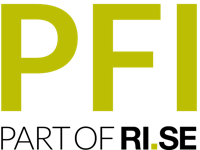


![04_uio_full_logo_eng_pos[1]](https://alginor.imgix.net/2021/04/04_uio_full_logo_eng_pos1.svg?auto=format%2Ccompress&crop=faces&h=200&ixlib=php-2.1.1&w=200)






